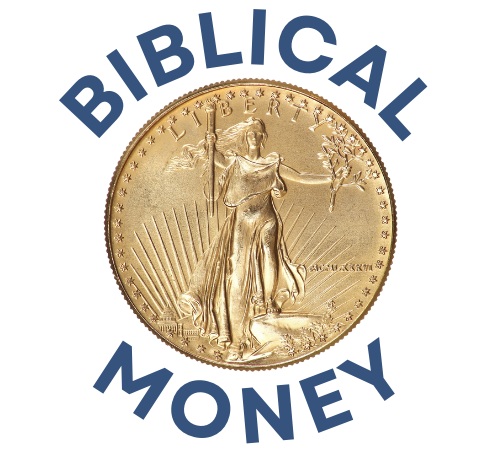Quiz Answers
Check your answers against the correct answers and explanations below.
1) The U.S. dollar is a measure of:
a. Length
b. Money
c. Weight
Believe it or not, the Coinage Act of 1792 defined a dollar as 371.25 grains (about 24 grams) of silver or 24.75 grains (about 1.6 grams) of gold. So a dollar is a measure of weight. You’ll learn more about this (and where we got the word “dollar”) in Lesson 3 of Biblical Money.
2) Which one of the following influential thinkers of the past century stated, in a broadcast entitled “The Present Emergency,” that he was concerned about the United States going off the gold standard?
a. Milton Friedman (author and Nobel Prize-winning economist)
b. J. Gresham Machen (theologian and founder of the Orthodox Presbyterian Church)
c. Franklin Delano Roosevelt (32nd U.S. President, serving from 1933 – 1945)
Unfortunately, President Franking Roosevelt was one of the people responsible for taking America off the gold standard. It was theologian J. Gresham Machen, who had studied international banking at the University of Chicago before entering the ministry, who rightly expressed concern about going off the gold standard.
3) According to the U.S. Constitution (Article 1, Section 10, Clause 1), “No state shall make anything but _______ a tender in payment of debts.”
a. Dollars
b. Federal Reserve Notes
c. Gold and silver coins
Even though most of us carry dollar bills (that is, Federal Reserve Notes) with us and use them as money, our founding fathers, including delegate Roger Sherman from Connecticut, insisted that only gold and silver coins would be our official money of account, and that’s still the law of the land today.
4) Who is the only U.S. President to pay off the national debt?
a. George Washington
b. Andrew Jackson
c. Abraham Lincoln
d. Ronald Reagan
Andrew Jackson was the only President to pay off the national debt. He understood the dangers of paper money, advocated for gold and silver as our national money, and considered one of his most important achievements to be his veto of the Bank Bill, ending the charter for the central bank of the United States.
